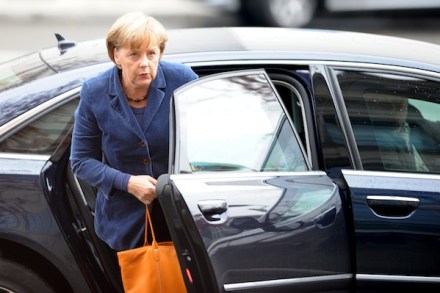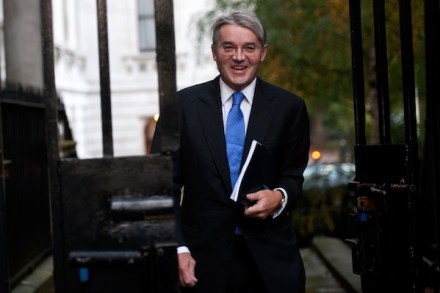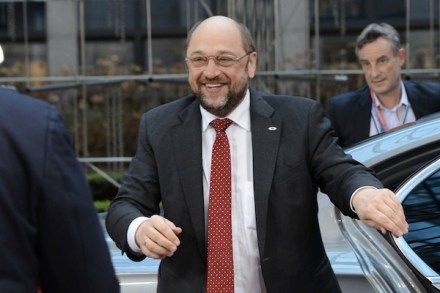Is Andrew Mitchell the right man for Britain in Europe?
It now looks almost certain that Andrew Mitchell will be our next EU Commissioner in 2014. The job was not advertised and the backroom selection process remains a mystery. In the wake of the Plebgate row, though, we can make an educated guess as to why, according to the FT, Downing Street has asked Mitchell ‘to consider’ the offer. This would be no ordinary consolation prize for Mitchell. Downing Street has big hopes for Mitchell in the role. Senior Whitehall sources indicate that Britain will be pushing hard for a big economic portfolio when the new commission is appointed next year. The aim is to make the case for financial















